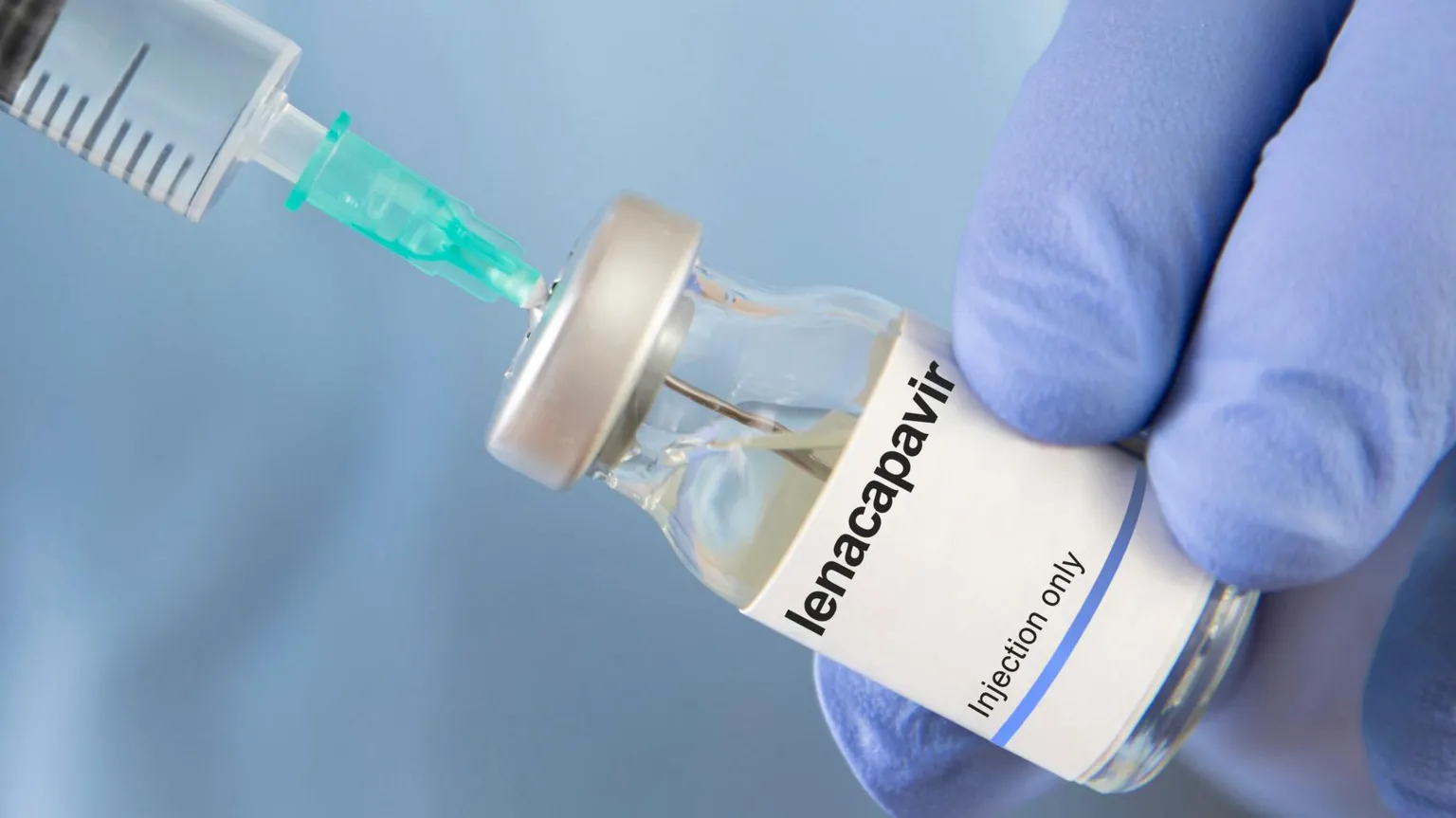HARARE, Zimbabwe — Eswatini on Tuesday became the first African country to receive lenacapavir, a twice-yearly HIV prevention injection hailed by global health officials as a potential game-changer in the fight against the virus that has claimed tens of millions of lives across the continent.
Developed by Gilead Sciences, lenacapavir has demonstrated near-total protection in clinical studies, offering a promising new tool in preventing HIV transmission. Its rollout in Africa is initially targeting ten high-risk countries as part of the U.S. President’s Emergency Plan for AIDS Relief, or PEPFAR, in partnership with the Global Fund. The program aims to benefit at least two million people in these countries by 2027.
Daniel O’Day, chair and CEO of Gilead Sciences, described the rollout in Eswatini as extraordinary, noting that it is the first time a new HIV medicine has reached a sub-Saharan African country in the same year it was approved in the United States. He highlighted Eswatini’s significance in the fight against HIV, describing it as the country with the highest incidence of the virus in the world. Lenacapavir received U.S. approval in June.
The United States had originally planned to distribute 250,000 doses this year to the ten participating African countries. Alongside Eswatini, Zambia also received its first shipment of the drug on Tuesday. Gilead Sciences is pursuing regulatory approvals in Botswana, Kenya, Malawi, Namibia, Rwanda, Tanzania, Uganda, and Zimbabwe, signaling a broad effort to expand access to this innovative treatment across the continent.
Experts note that lenacapavir could transform HIV prevention efforts by providing long-lasting protection with just two injections per year, reducing the reliance on daily medication and improving adherence, particularly among high-risk populations. Public health authorities in Africa have welcomed the development, emphasizing its potential to reduce new infections and support broader efforts to control the epidemic.
The arrival of lenacapavir in Eswatini and Zambia represents a major milestone in global health, particularly in regions where HIV prevalence remains high. The initiative reflects ongoing collaboration between pharmaceutical companies, international donors, and African governments to provide innovative solutions to one of the continent’s most pressing public health challenges.













Leave a comment